It’s just a straw.
To most people, a simple straw is an ordinary object we see daily. But to a child, simple objects open up a world of scientific investigation and discovery.
Engaging with Phenomena
Science instruction has a history of students sitting passively at desks, memorizing vocabulary, and trying to absorb lectures from the teacher. However, research consistently shows that students learn science best when actively engaged in the scientific process.
Active engagement with scientific investigations allows students to move beyond just receiving information. They learn to love science because they’re actually doing science.
The Benefits of Hands-on, Active Science Investigations
When students figure out phenomena, integrate new data, develop models, and discuss ideas, they construct their own understanding in a way that leads to deeper, more lasting comprehension. Hands-on science allows students to:
- Directly experience concepts instead of just reading about them, making the learning experience more memorable
- Practice critical skills like observing, questioning, experimenting, analyzing data, and argumentation
- Stay engaged and interested in learning through inquiry and discovery
- Apply concepts like systems, patterns, and cause and effect across multiple disciplines
That’s why FOSS uses active, hands-on learning with an instructional model that immerses students in the real work of scientists and engineers.
Active Science in Action
So what does active learning look like in FOSS classrooms?
Rather than being passive spectators, students become active investigators. They ask questions, design investigations, analyze data, construct models, and engage in evidence-based arguments.
Throughout the process, students frequently work in collaborative teams to investigate phenomena and build models that lead to sense-making experiences. The teacher is a facilitator, guiding the inquiry process while allowing students to construct their own understanding.
Creating an Active, Science-Centered Learning Environment
Transforming a science program into an active learning environment requires intentional planning. Teachers using FOSS are encouraged to prepare materials that allow students to work independently in small groups or rotate through multiple hands-on stations.
Most important is to create classroom routines that position students as thinkers and investigators. Classroom discussions should emphasize evidence-based argumentation rather than simply uncovering and stating the “right” answer.
Formative Assessment
Assessment in a FOSS hands-on science classroom prioritizes the application of knowledge. Scientific understanding is assessed throughout, allowing teachers to provide students with information they can use to improve their sense-making. It also provides teachers a foundation to use to adjust their instruction and meet the needs of every child.
FOSS is an opportunity for students to engage, self-direct, and truly think and perform like scientists, ensuring they can develop a deeper conceptual understanding of science while experiencing it for themselves.

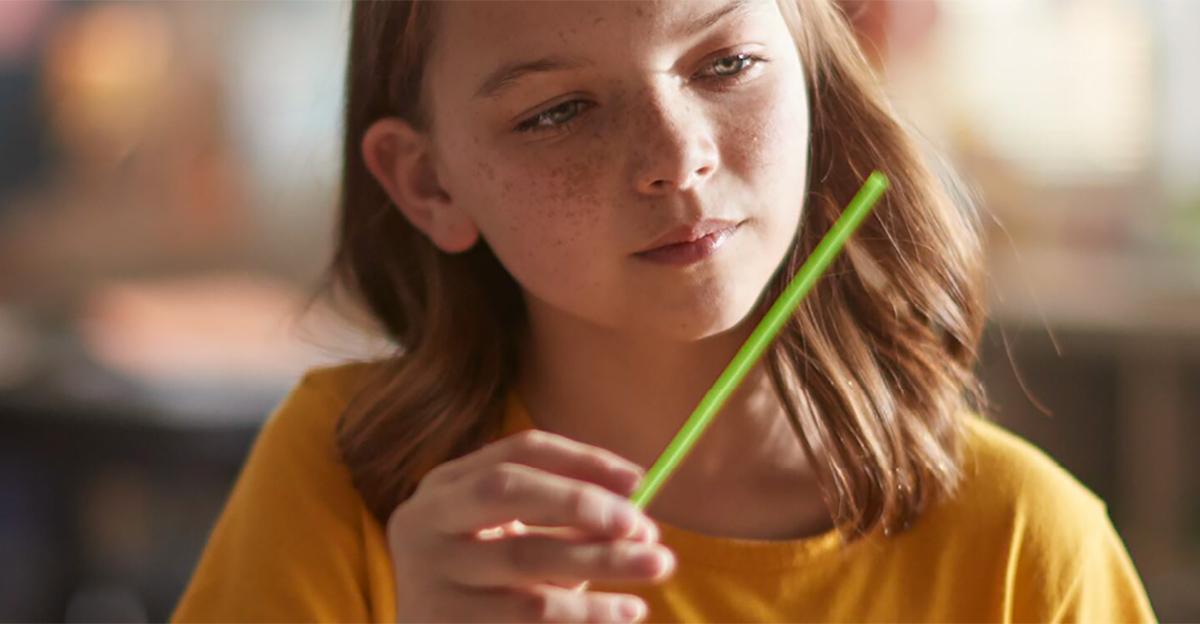
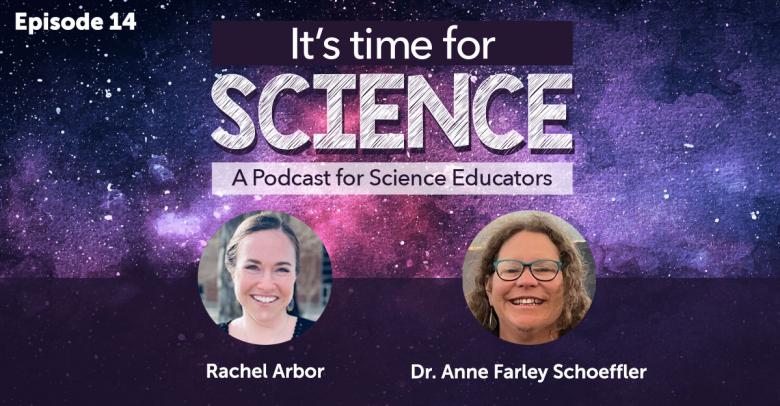
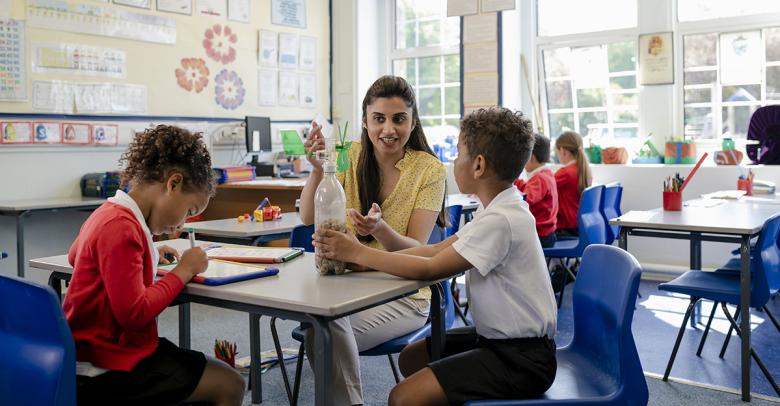
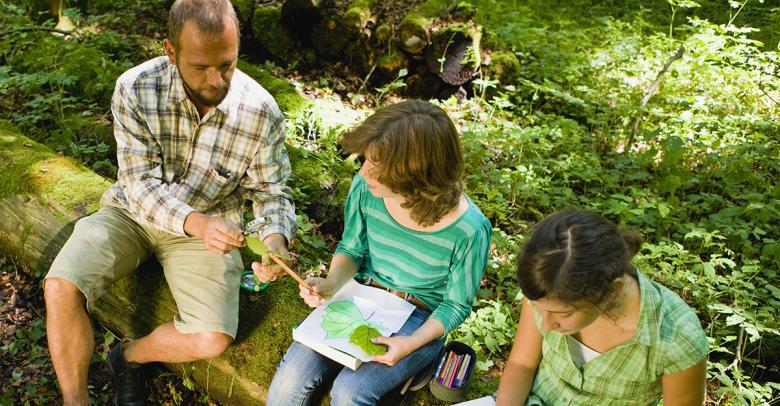
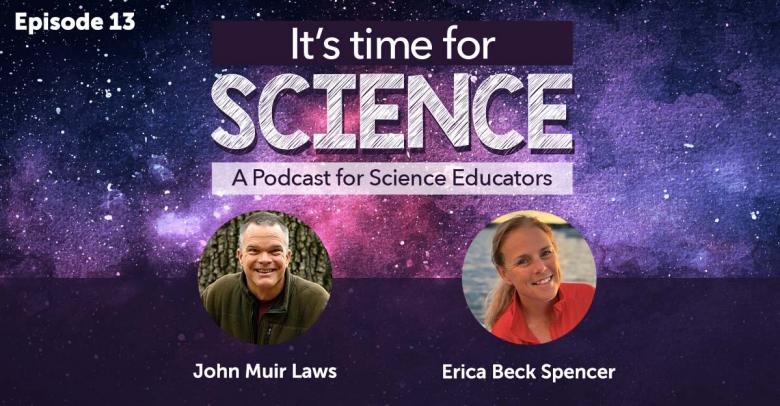
Leave a Reply